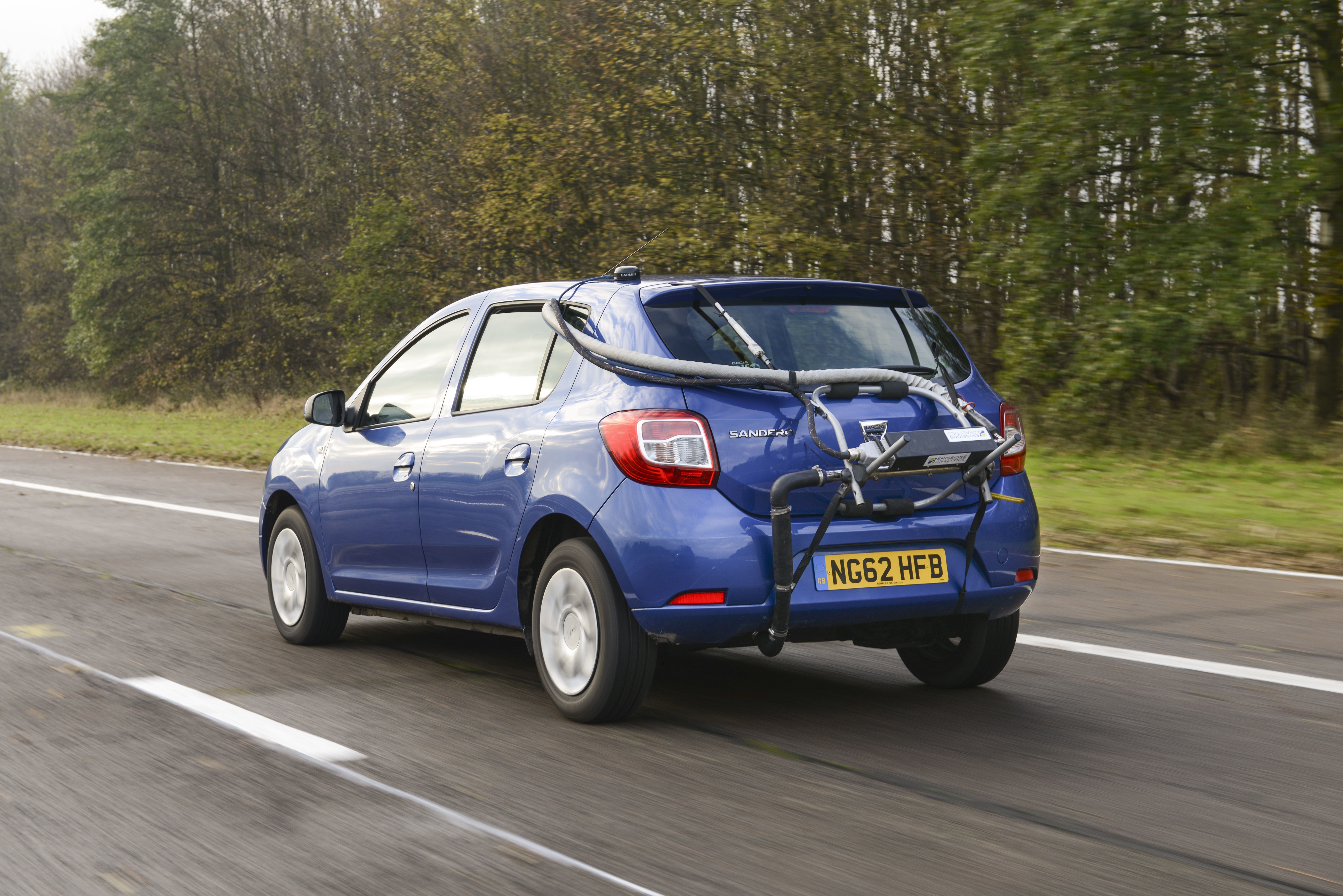Buying an electric car may seem to be the green option when the energy label states Zero CO2 emissions. But that’s not the whole story when you factor in the electricity required to charge the batteries, and associated CO2 emissions created in electricity generation; the green benefits then become less clear. According to Vehicle Certification Agency (VCA), the latest Renault Clio 4, dCi 90 ECO, emits 83 grams of CO2 per kilometre travelled. In comparison the Electric Nissan Leaf, requires 173 Watts of elec
Buying an electric car may seem to be the green option when the energy label states Zero CO2 emissions. But that’s not the whole story when you factor in the electricity required to charge the batteries, and associated CO2 emissions created in electricity generation; the green benefits then become less clear.
According to Vehicle Certification Agency (VCA), the latest2453 Renault Clio 4, dCi 90 ECO, emits 83 grams of CO2 per kilometre travelled. In comparison the Electric 838 Nissan Leaf, requires 173 Watts of electricity to travel the same distance. Calculate the CO2 emissions produced to generate that amount of mains electricity, using the National Energy Foundations formula, and that equates to 94 grams of CO2, thus making the diesel Clio more CO2 efficient by 206 kilograms per year, based on an annual mileage of 12,000 miles.
In financial terms, however, an electric car wins hands down on running costs. Based on the average mileage of 12,000, the electric Leaf will cost GBP 483 a year to run. The Clio 4 comes in at GBP 895, nearly double! These savings are mainly driven by the tax differentials between the energy sources, rather than CO2 efficiencies in use. The big benefit, in environmental terms, of electric cars is zero tail pipe emissions whilst moving – reducing pollution in towns and cities.
Ross from Sust-it said, "we were completely surprised when we started to analyse the Vehicle Certification Agency electric vehicle testing data. The perception is electric vehicles are the greenest way to travel; this only appears to be true if you’re using renewable electricity to charge the vehicle. The concept of zero emissions for electric cars needs to be corrected. A first step would be to clearly show the CO2 emissions produced in electricity generation, and then display this on the showroom energy labels and marketing material."
Sust-it’s website shows electricity costs associated with charging electric and plug-in hybrid vehicles, plus associated CO2 emissions produced in electricity generation. Their unique running cost calculations show the real cost of running an electric car, and their emissions. The energy consumption figures are based on Vehicle Certification Agency (VCA) testing data and average energy costs.
According to Vehicle Certification Agency (VCA), the latest
In financial terms, however, an electric car wins hands down on running costs. Based on the average mileage of 12,000, the electric Leaf will cost GBP 483 a year to run. The Clio 4 comes in at GBP 895, nearly double! These savings are mainly driven by the tax differentials between the energy sources, rather than CO2 efficiencies in use. The big benefit, in environmental terms, of electric cars is zero tail pipe emissions whilst moving – reducing pollution in towns and cities.
Ross from Sust-it said, "we were completely surprised when we started to analyse the Vehicle Certification Agency electric vehicle testing data. The perception is electric vehicles are the greenest way to travel; this only appears to be true if you’re using renewable electricity to charge the vehicle. The concept of zero emissions for electric cars needs to be corrected. A first step would be to clearly show the CO2 emissions produced in electricity generation, and then display this on the showroom energy labels and marketing material."
Sust-it’s website shows electricity costs associated with charging electric and plug-in hybrid vehicles, plus associated CO2 emissions produced in electricity generation. Their unique running cost calculations show the real cost of running an electric car, and their emissions. The energy consumption figures are based on Vehicle Certification Agency (VCA) testing data and average energy costs.








